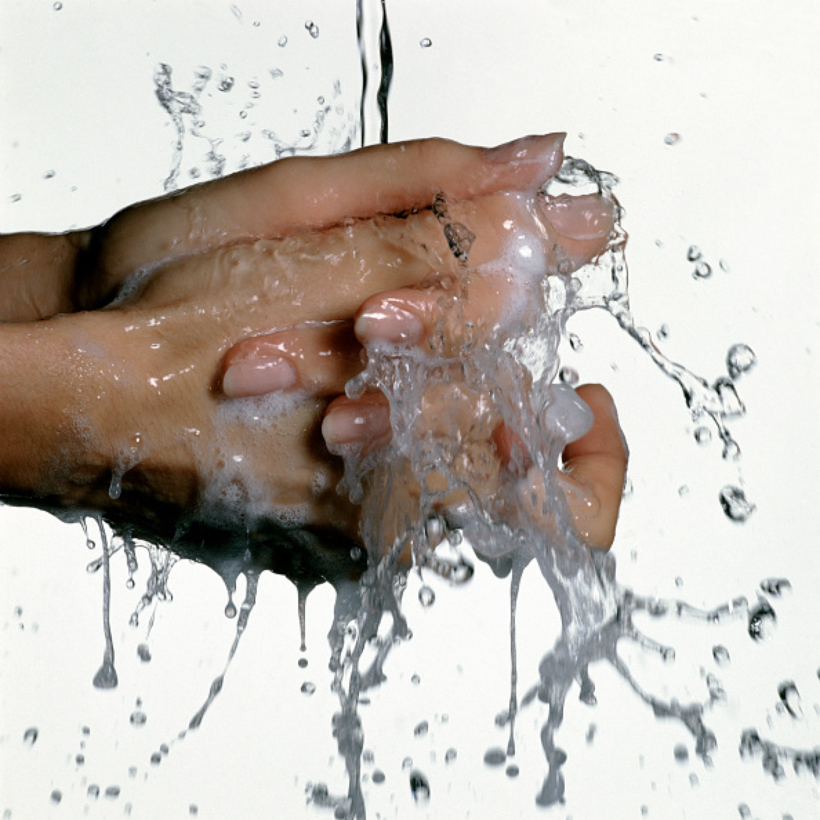Close and lock the front door.
Pull at the door’s handle for a count of eight, to make sure it is firmly closed.

A star of the Downton Abbey movies spent decades living with obsessive-compulsive disorder … until relief arrived from a most unexpected place
Close and lock the front door.
Pull at the door’s handle for a count of eight, to make sure it is firmly closed.